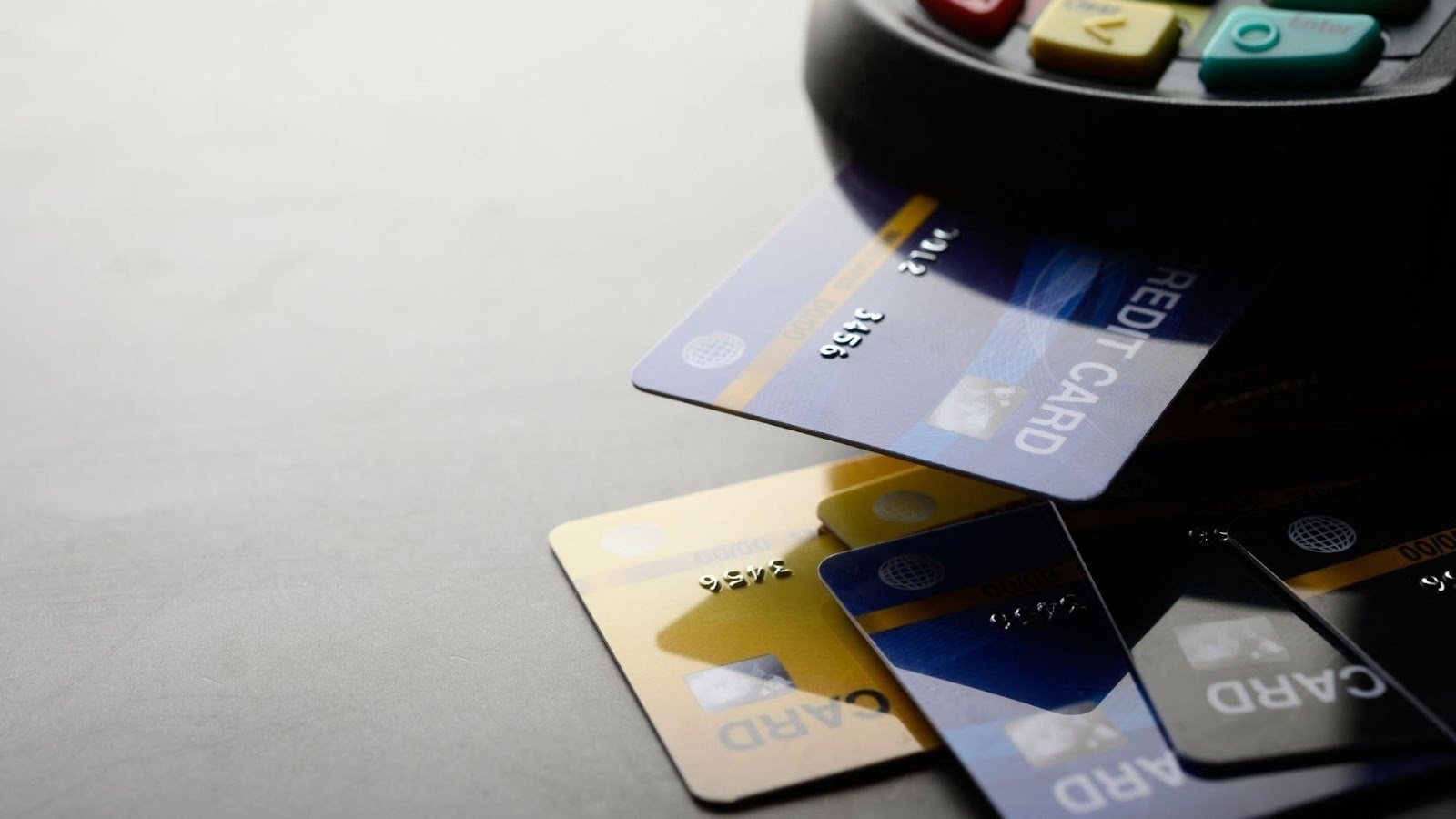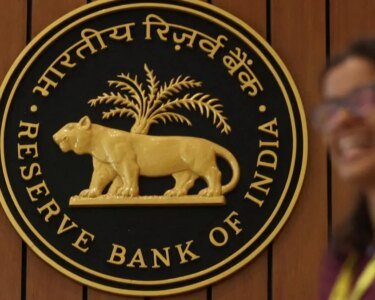With increasing per capita GDP growth at an all-time high in India, the disposable income of the common man has also increased. Despite this, certain products and commodities may still be out of reach. In such cases, credit cards can be a handy financial tool. They offer not just the ability to own expensive products but also a great deal of financial flexibility. So, before you apply for a credit card, here are some key details worth knowing.

Definition and Basic Functionality
Unlike debit cards, credit cards allow you to spend more than the amount available in your bank account. Using a credit card is like taking a short-term loan to purchase something you otherwise would not be able to with your existing monthly income. So, when you buy anything using this card, the issuing bank pays the seller the full amount on your behalf.
The basic functionality of this card is that you do not have to pay any interest on this credit for at least 20 to 50 days. After this, the issuing bank sends you a statement which tells you the deadline for when you need to pay up the credit amount. In case you are unable to pay up the full amount at once, the bank may even offer you the option to pay it in parts (with interest levied).
This completes one billing cycle, which is repeated once you pay off the full amount you borrowed on your credit card.
The Different Types
When choosing which credit card to apply for, you must remember that each has its own set of benefits and drawbacks. The types of cards can also differ from bank to bank. Nevertheless, there are some common types that you should look out for.
Standard Cards
These are standard-issue cards that almost all banks offer. They are the most suitable cards for beginners. If you are looking for a simple means of borrowing money, then standard credit cards are the way to go.
Rewards Cards
If you have been using credit cards for some time, then you can upgrade your standard card to a rewards card. These cards have several perks like reward points, cash back, and even travel miles, which can be easily redeemed.
Balance Transfer Cards
For someone who uses credit cards quite frequently, balance transfer cards can be a lifesaver. These cards offer little to no interest levied on balance transfers. This can enable you to consolidate and pay off credit loans easily.
Secured Cards
Some banks offer secure cards which are issued against collateral such as a fixed deposit. If you have a poor credit history (i.e., a CIBIL score less than 600), then these cards are ideal for you.
The Benefits
Regardless of which card you choose, credit cards in general have several advantages.
- They can help you buy products that are above your purchasing capacity.
- Some of these cards can protect you from fraudulent purchases as well.
- Using them responsibly with financial discipline can greatly increase your credit score.
- They come with rewarding loyalty programs that can help you save on purchases.
- Some specialised cards can even offer you access to premium services like VIP airport lounges.
These are just some of the many benefits that these cards can offer you. To know more about the benefits specific to your card, you should contact the issuing bank. By being informed about all the benefits, your card can become an asset in all your financial endeavours.
Risks and Considerations
Despite all the benefits associated with using credit cards, you should always exercise a level of caution. These cards may be misused, but more importantly, they carry some form of risk that you should be aware of before applying for one. Some of them may include:
- High interest rates
- Exorbitant late penalties
- Temptation to overspend
- Hidden fees and charges (if any).
However, with impeccable financial discipline, a credit card can become one of your most valuable financial tools.
The Takeaway
To sum it up, credit cards can be both a powerful financial tool and an instrument of financial demise. It depends on how well you are able to leverage its benefits and avoid the drawbacks. With good financial discipline, it is not very difficult to make a credit card your companion in all major high-value purchases.
Note to readers: This article is part of HT’s paid consumer connect initiative and is independently created by the brand. HT assumes no editorial responsibility for the content, including its accuracy, completeness, or any errors or omissions. Readers are advised to verify all information independently.
Want to get your story featured as above? click here!




